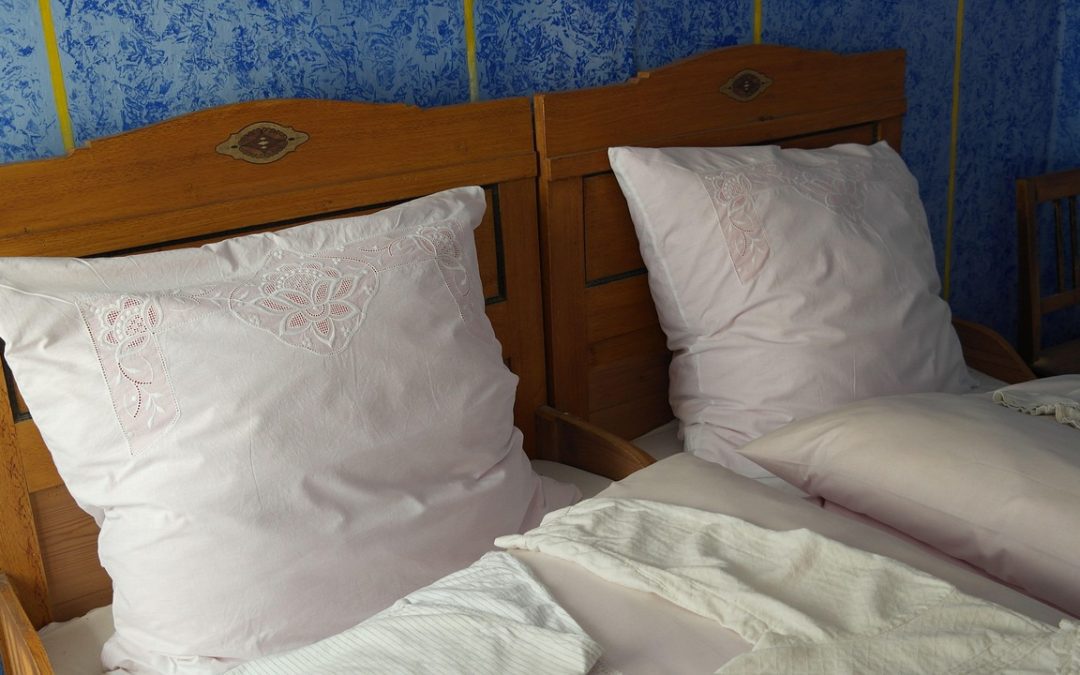Back in “The Day” it was seen as a sign of strength to get just a few hours of sleep and power through the day like a champion. Now, scientists realize that little sleep not only effects short-term performance but long-term health as well. In addition, sleep disturbances can tell us a lot about our health, and especially the health of the elderly. Sleep isn’t just something we have to do, it is essential to good health and can indicate health issues that need attention.
Sleep promotes brain cleansing
Scientists are finding that sleep works the same way as a nighttime cleaning crew in an office building. While you are asleep, your body rids the brain of toxins which can cause Alzheimer’s. This is important not only for older adults but people in their 40’s and 50’s or even younger. Here is a link for more information: https://medicine.washu.edu/news/decreased-deep-sleep-linked-to-early-signs-of-alzheimers-disease/
Waking up too often at night/Unable to sleep (Insomnia)
If you are waking up too often or cannot fall or stay asleep (insomnia) there are several potential reasons for this including:
- Especially for men, frequent urination can mean an enlarged prostate.
- Drinking too much before bed, especially alcohol and caffeine.
- Anxiety or depression
- Medication
- Room is too hot or too cold
- Pain
- Aging. We sleep less deeply as we age.
Check with your medical provider to discuss possible causes and solutions. Here is an article for more information: https://rightasrain.uwmedicine.org/well/health/why-you-wake-up-at-night
Sleeping too much (Hypersomnia)
A nap for less than an hour can be restorative, especially if you didn’t get enough sleep the night before. However, you should not get eight hours of restful sleep and need two one hour naps during the day. Here are some causes:
- Sleep apnea (when you snore and stop breathing several times an hour)
- Depression
- Boredom or loneliness (especially in the elderly)
- Medical conditions
- Medication
- Alcohol consumption
Again, a medical provider can help you discover the cause of your sleepiness. Here is an article that might help: https://my.clevelandclinic.org/health/diseases/21591-hypersomnia
Confusing Day and Night (Sundowning)
People with dementia can have sundowning (they are called Sundowners). This happens when confusion worsens in the late afternoon and lasts into the evening and night. The person will not only experience more confusion, but may not be able to sleep and pace or wander at night. A regular routine to indicate it is evening may help. This article is a great place to start: https://www.alz.org/help-support/caregiving/stages-behaviors/sleep-issues-sundowning.
We all have trouble sleeping from time-to-time and that is normal. When the lack of sleep effects our daytime functioning for more than a few days, that is a problem. Sleep disturbances can be an early warning sign of serious health problems. Consult your health care provider if your sleep disturbance is ongoing. It is not a sign of weakness to admit to sleepiness, it is a proactive step that might just save your life and for certain improve it.

